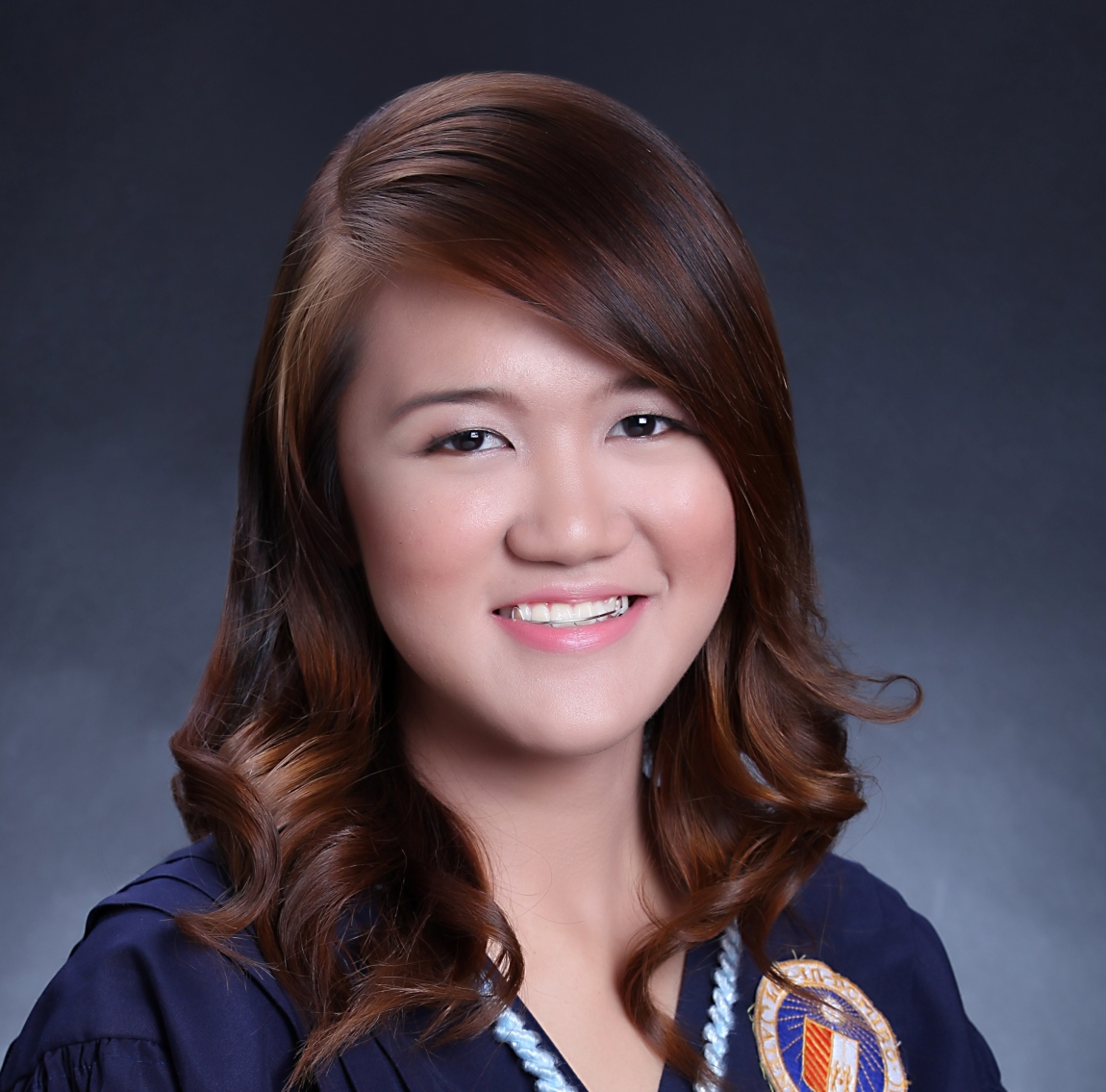
 My earliest moments of consciousness were spent in a busy, vibrant, cosmopolitan city of Metro Manila, located in the island of Luzon. City life with all its complexities and contradictions felt natural, but I have always been drawn to see what else lie outside it. My mother was a seasoned fieldworker, my father one as well. They would tell stories of tribal leaders and their travel, of trekking and riding horses. Upon their return they bring different tastes and art from different regions of the Philippines and countries of the world—affirmative of how cosmopolitan city life could be. From an early age, I had an idea of what I wanted to do: I want to see outside the comfort my city and bring home stories (just like what my parents did) with me.
My earliest moments of consciousness were spent in a busy, vibrant, cosmopolitan city of Metro Manila, located in the island of Luzon. City life with all its complexities and contradictions felt natural, but I have always been drawn to see what else lie outside it. My mother was a seasoned fieldworker, my father one as well. They would tell stories of tribal leaders and their travel, of trekking and riding horses. Upon their return they bring different tastes and art from different regions of the Philippines and countries of the world—affirmative of how cosmopolitan city life could be. From an early age, I had an idea of what I wanted to do: I want to see outside the comfort my city and bring home stories (just like what my parents did) with me.
My academic life started very early when my parents would take turns bringing my brother and I with them to graduate school. My father teaching then, while my mother was taking her graduate class. As toddlers, we would sit in a corner and play with our toys or doodle in my mother’s notebook, patiently waiting for their classes to end. Growing up, whenever I chance upon a library, I would pick books about ancient civilizations, mythologies and legends, not realizing that this was telling of my future area of interest.
I entered college with the interest of learning more about how people behave in groups, and how they share culture and traditions. During my college years, I was exploring how traditional skills and artforms have been applied as they were transmitted from its locality to the city. I completed my degree in AB Social Sciences (Sociology and Anthropology) specializing in Cultural Heritage Studies from Ateneo de Manila University. Immediately after graduation, I was introduced to research as a profession and worked as a research assistant at the Institute of Philippine Culture. It further developed my interest and skills by practicing engaged research and participatory methodologies. It exposed me to different projects, from which I was acquiring not only technical knowledge and skills but also deepened and diversified my interest by being faced with different social realities.
I was fortunate to join the Institute of Philippine Culture – Department of Sociology and Anthropology Scholarship Program for Young Filipino Social Science Professionals (IPC-DSA Scholarship Program) which funded my graduate studies of Anthropology at Ateneo. It provided me an opportunity to conduct my first ethnography about the interlaced issues of labor, migration and conflict in a rural upland community. Participating in everyday community life, new insights emerged from the ground, much of it weren’t anticipated but it revealed new dimensions in understanding old realities which needed to be brought to discourse.
Outside my university responsibilities, the luster of fieldwork charms me each time. I still enjoy being out on the field every now and then, but I get to share the stories with a new audience—my students. Interesting how I am starting to accumulate stories of meeting leaders, of my travels, of long treks and of wonderful people that makes the practice of Anthropology feel like it’s always new and challenging but also worthwhile and fascinating.
You must be logged in to post a comment.